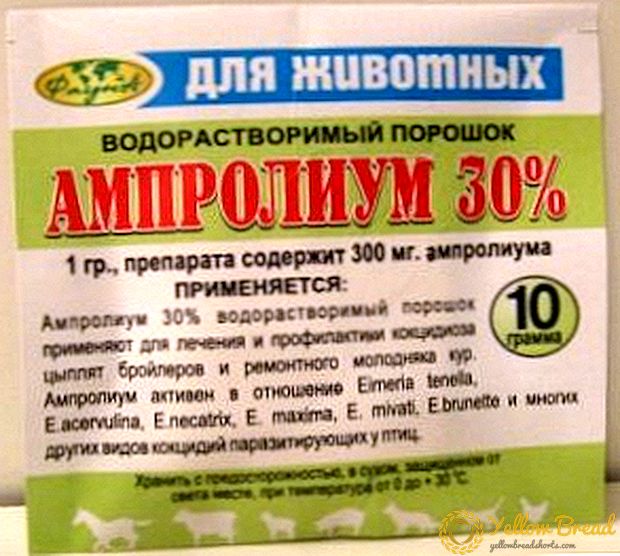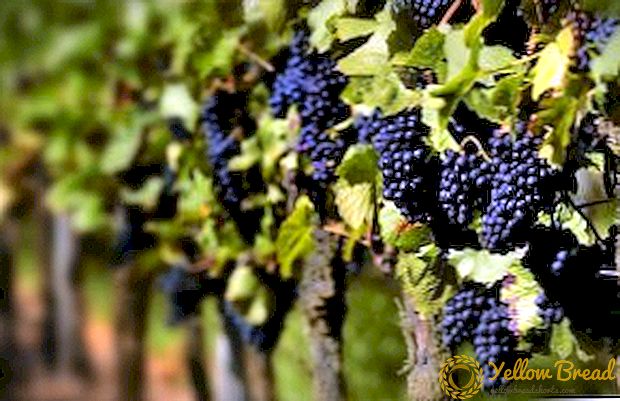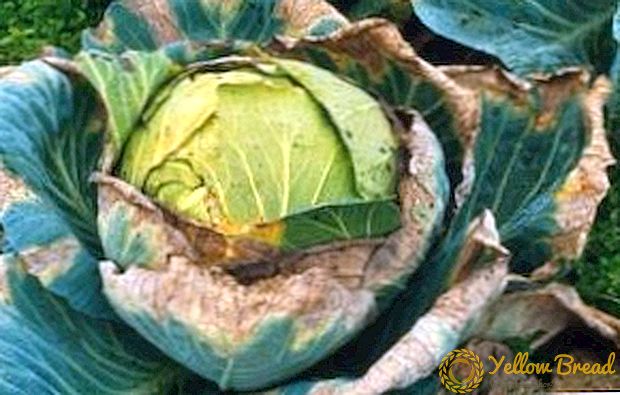 All those who like to experience new taste sensations will definitely like the kivano. Find out what it is and what useful qualities this little-known exotic fruit has.
All those who like to experience new taste sensations will definitely like the kivano. Find out what it is and what useful qualities this little-known exotic fruit has.
- What is this fruit
- Calorie and chemical composition
- Beneficial features
- How to choose when buying
- How to store at home
- How they eat?
- Useful and tasty recipes
- Contraindications
What is this fruit
Kivano is also called horned melon or African cucumber. This exotic fruit is of particular interest because of its unusual shape. The fruits have the shape of an orange, weighing about 300 g and a length of 10 cm, saturated orange color with soft formations over the entire surface.
The plant is a vine, with a large number of lashes, like a simple cucumber, only with smaller leaves.
In its homeland of Africa, horned melon grows like fruit, and in America and Southern Europe it is grown as a vegetable. African cucumber is an unpretentious plant, does not suffer from diseases and pests and gives good yields. It has one drawback - it reacts negatively to a decrease in temperature.

Calorie and chemical composition
This exotic fruit has a caloric content of only 44 Kcal per 100 g, as the main substance of which the fruit is made is water, in percentage terms - 90%.
Kivano enriched with a large number of different nutrients Vitamins:
- Vitamin A (beta-carotene) - 88 mcg;
- Vitamin B1 (thiamine) - 0.025 mg;
- Vitamin B2 (riboflavin) - 0.015 mg;
- Niacin (vitamin B3 or vitamin PP) - 0.565 mg;
- vitamin B5 (pantothenic acid) - 0.183 mg;
- Vitamin B6 (pyridoxine) - 0.063 mg;
- folic acid (vitamin B9) - 3 µg;
- Vitamin C (ascorbic acid) - 5.3 mg.
- potassium - 123 mg;
- calcium - 13 mg;
- sodium, 2 mg;
- magnesium - 40 mg;
- phosphorus - 37 mg.
- iron - 1.13 mg;
- manganese - 39 mcg;
- copper - 20 mcg;
- Zinc - 0.48 mg.

Beneficial features
Due to the large amount of vitamins and minerals, this exot is useful:
- to strengthen and maintain the heart muscle, in patients with kidneys, diseases of the stomach and intestines, as it contains potassium, which, in turn, is also necessary for the human muscular system;
- during the heat to fill the water balance, because 90% of it consists of water;
- to strengthen the immune system, being a tonic in winter due to the content of vitamins C and B;
- for weight loss due to its low calorie content;
- for healing wounds and stopping blood, since the juice of this fruit has an astringent effect;
- as a product for the elimination of free radicals and waste products of the body;
- to clean and refresh the skin of the face and body.

How to choose when buying
When acquiring such exotic things as kivano melon, you need to follow certain rules:
- the fruit must be of medium size without any damage;
- must have a rich orange color with marble splashes;
- the fetus must be tight to the touch;
- pay attention to thorns - they are yellow if the fruit is ripe;
- for transportation and long-term storage of fruits, it is better to purchase unripe fruits, they tend to ripen in a torn state.
How to store at home
Since the fruits of this fruit are similar to ordinary cucumbers, then they have the same storage. Kivano at home is stored on the bottom shelf of the refrigerator, an ideal place for this fruit is a container for storing vegetables.
If the fruit is not ripe, the ripening process will go faster in the sun, and you will fully enjoy its taste.

How they eat?
Those who have tried this exotic at least once say that kivano has a sweet and sour taste, but the aftertaste is different for everyone: some feel a mixture of cucumber and melon, others - banana and kiwi, and some even feel the presence of lime notes.
Unusual taste leads to the search for information about how kivano is. Today it is eaten raw, the flesh is eaten salted or sweet, or even with pepper. They make light salads, snacks and even desserts from it.
Fruit juice is good in fresh juices and gets along well with juices from other fruits, giving a peculiar flavor to the drink.
The peculiar form of horned melon allows you to use it as a decoration for sandwiches and jelly.
Mature kivano is best divided into two parts and with the help of a spoon enjoy the jelly-like mass of green, while the white seeds, like those of cucumbers, are also edible.
To prepare the cream for the cake with a savory taste, you can use the pulp of an exotic cucumber, and pickle unripe fruits like ordinary cucumbers.
Useful and tasty recipes
Since it is not so easy to get this fruit, few recipes are known. Among the most common are several.
Kivano cream
Jelly-like mass can be the basis for making a delicious cream, which can be used as a separate dessert or as an addition to other confectionery products.
Ingredients:
- Kivano - 2 pieces;
- natural yoghurt - 2 cups;
- honey - 2 spoons;
- ice cream - 4 tablespoons.
Cooking: From kivano we get the pulp, which we spread in a container and mix well with other ingredients. After receiving a homogeneous mass of its spread in the peel of the fruit and served to the table. 
Tasty drink
From a horned melon we prepare a wonderful tonic drink, which is good in the morning.
Ingredients:
- Kivano - 1 piece;
- lemon - 0.5 pieces;
- granulated sugar to taste.
Cooking: we cut the fruit along and select the pulp together with the seeds into the blender bowl. Grind for three minutes and grind through a sieve. Squeeze out the juice of half a lemon and mix well. Add sugar to taste.  Tirami Kivano
Tirami Kivano
Ingredients:
- ready sponge cake;
- Kivano - 2 pieces;
- whipped cream - 6 tablespoons;
- brandy, Madera - 3 dessert spoons;
- coffee liqueur - 5 teaspoons;
- soft cheese - 300 g;
- vanilla, granulated sugar to taste.
Cooking: Alcoholic drinks are heated, the kivano pulp is mixed with cheese, sugar, vanilla and brandy. Biscuit put in a baking dish and soaked with heated alcohol. Coat with whipped cream.
Top cover with a second layer of biscuit and soak in alcohol and cream. Put the blank in the fridge for a couple of hours. We turn over the soaked biscuit from the mold onto the dish, coat it with the remaining cream and decorate it if desired.  In addition, the following simple dishes can be made from an exotic cucumber:
In addition, the following simple dishes can be made from an exotic cucumber:
- appetizer - seafood, cheese and kivano as decoration;
- Salad - kivano pulp, tomatoes, Bulgarian pepper, radish, parsley and green onions. All cut into cubes, mix with herbs and fill with freshly squeezed lemon juice.
Contraindications
When using horned melon contraindications have been identified. With care to this fruit should be treated people with food allergies, if you use it for the first time.
 Now, having learned about the benefits of African cucumber, you can pamper yourself with dishes that contain this fruit, and get huge benefits for the body.
Now, having learned about the benefits of African cucumber, you can pamper yourself with dishes that contain this fruit, and get huge benefits for the body.






